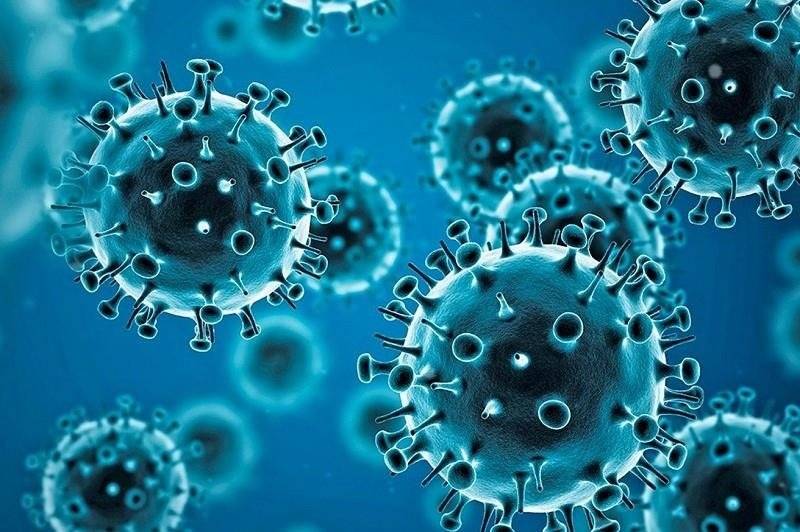The Coronavirus Pandemic: A Global Crisis
The coronavirus pandemic, caused by the SARS-CoV-2 virus, emerged in late 2019 and quickly transformed into one of the most significant global crises of the 21st century. This unprecedented health emergency affected millions of lives, reshaping economies, health systems, and social norms worldwide.
Origins and Spread
The outbreak was first identified in Wuhan, China, where initial cases were linked to a seafood market. Rapid person-to-person transmission led to a swift increase in infections. By March 2020, the World Health Organization (WHO) declared COVID-19 a pandemic as the virus spread across continents, leading to widespread illness and fatalities.
Health Impacts
COVID-19 has had devastating health impacts. The virus primarily spreads through respiratory droplets, causing symptoms ranging from mild respiratory issues to severe pneumonia. Vulnerable populations, including the elderly and those with pre-existing health conditions, faced the highest risks. Healthcare systems worldwide were overwhelmed, struggling to provide care amid shortages of essential supplies like personal protective equipment (PPE) and ventilators. Hospitals faced unprecedented challenges, leading to increased mortality rates and prolonged suffering for many patients.
Economic Consequences
The pandemic's economic repercussions were profound. Lockdowns and social distancing measures implemented to curb the virus's spread led to widespread business closures and job losses. Global supply chains were disrupted, and many sectors, such as travel, hospitality, and retail, suffered catastrophic declines. Governments responded with stimulus packages and financial aid programs to support businesses and individuals, but the long-term economic fallout remains uncertain. Many economies slipped into recession, and recovery efforts have highlighted systemic inequalities, with marginalized communities often bearing the brunt of the crisis.
Social and Cultural Shifts
Beyond health and economic impacts, the pandemic catalyzed significant social and cultural changes. Remote work became the norm, forcing organizations to adapt to virtual communication and collaboration tools. Education systems shifted to online learning, revealing disparities in access to technology and resources. Mental health issues surged as isolation and uncertainty took their toll, prompting increased awareness of mental well-being and the need for accessible mental health services.
Vaccine Development and Distribution
The scientific community mobilized rapidly to develop vaccines against COVID-19. By late 2020, several vaccines received emergency use authorization, marking a significant milestone in the fight against the virus. Mass vaccination campaigns began, with efforts to distribute vaccines globally facing challenges, including supply chain issues and vaccine hesitancy. The inequity in vaccine access highlighted global disparities, as wealthier nations secured doses at a much higher rate than lower-income countries.
Ongoing Challenges
As the pandemic evolved, new variants of the virus emerged, prompting concerns about transmissibility and vaccine efficacy. Public health measures continued to adapt, emphasizing the importance of booster shots and ongoing surveillance. The pandemic underscored the necessity of global cooperation in health preparedness and response, leading to calls for reforms in international health policies.
Lessons Learned
The coronavirus pandemic has imparted crucial lessons about the importance of public health infrastructure, the value of scientific research, and the need for preparedness in the face of emerging infectious diseases. It has also highlighted the interconnectedness of global health; a crisis in one part of the world can rapidly become a crisis for all.
Conclusion
As we continue to navigate the aftermath of the coronavirus pandemic, it remains vital to reflect on the experiences gained during this tumultuous period. Building resilient healthcare systems, promoting equity in health access, and fostering international collaboration will be essential in mitigating future pandemics and ensuring a healthier, more prepared world. The effects of COVID-19 will be felt for years to come, but with collective effort and commitment, society can emerge stronger and more united.




No comments yet
Be the first to share your thoughts!